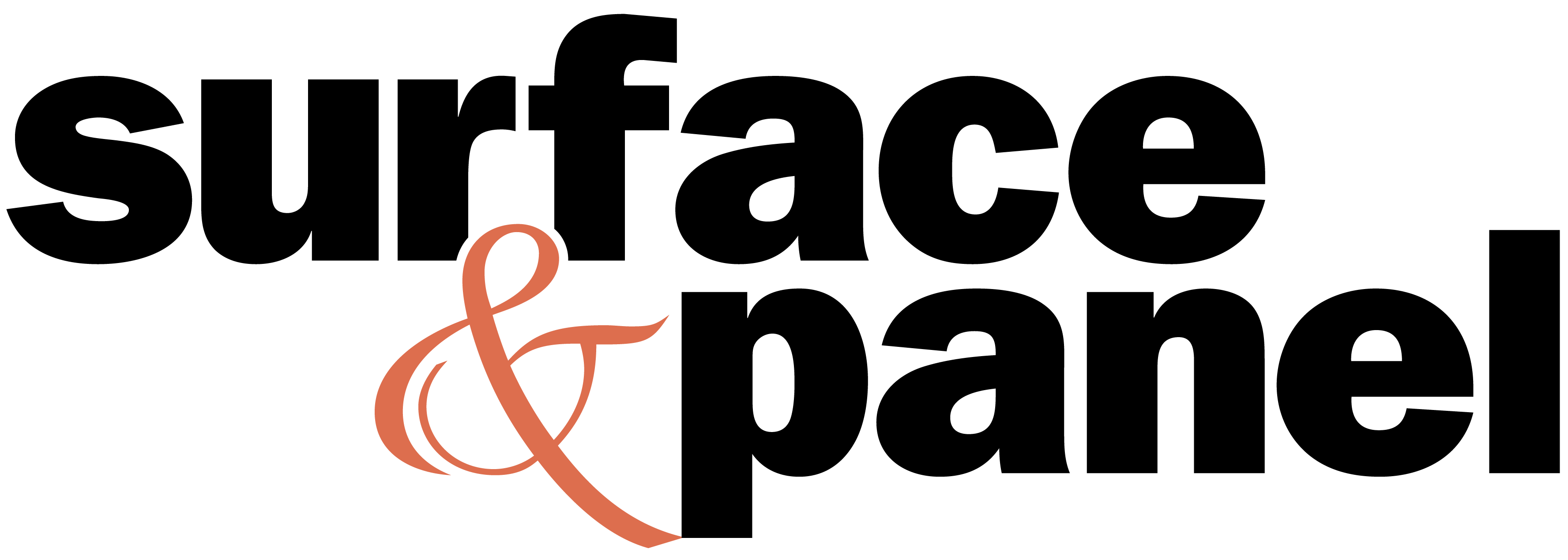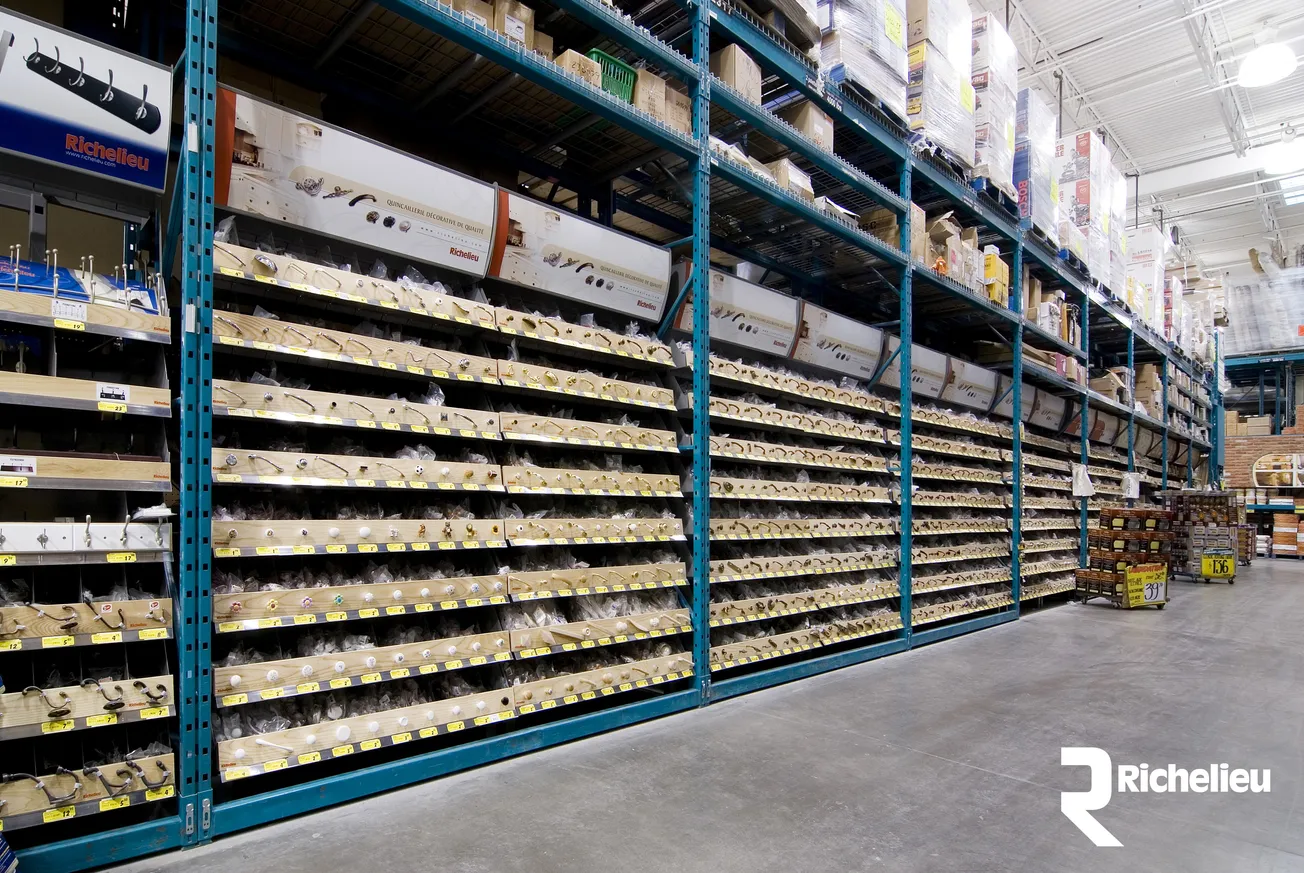Table of Contents
For a manufacturing company to fulfill a strong commitment to environmental sustainability, it requires an integrated approach that encompasses all aspects from the initial product idea, through production and use, to disposal.
The GRASS Group has earned a reputation for not only producing the highest quality hinges, drawer slides, lifters, and drawer systems but also for its early and continuing leadership in environmental stewardship. Many companies treat ecological concerns as an added cost to production, but the changes made by GRASS for more sustainability have not only benefited the environment but also saved costs.
The company takes pride in taking “personal responsibility” for environmental protection for this global company and each of its 1860 employees. Since 2010, the GRASS Group’s international environmental management system, certified according to ISO 14001, ensures that the company establishes and achieves ambitious, measurable objectives and targets in a process of continual improvement. This commitment is exemplified at its manufacturing plants in Höchst, Salzburg, and Götzis, Austria; Reinheim, Germany; the Czech Republic; Kernersville, North Carolina; and its central warehouse and logistics center in Hohenems, Austria, and distribution center in Toronto, Canada.
We see the present as part of the future. For GRASS, environmental protection is a fundamental corporate goal, because it is an important prerequisite for sustainable corporate success. The effort to keep the ecological footprint as low as possible requires a continuous improvement process that involves all areas of the company.
Green Power
Set in one of the world’s most beautiful regions, the GRASS head office is located in Höchst on Lake Constance, in the Austrian state of Vorarlberg, on the borders of Germany, Switzerland, and Liechtenstein. Enjoying — and protecting — the environment is a way of life that has always been deeply rooted in GRASS Corporate culture.
The manufacturing plant at Höchst has achieved dramatic reductions in its carbon footprint. Energy efficiency measures have reduced CO2 emissions by 640 tons per year during the past five years.
During this period, overall electricity demand has been reduced by 18%, from 62 million kWh to 51 million kWh per year. In addition, compressor and exhaust gas heat exchange systems, with a total output of over 3000 kW, also improve our carbon footprint.
The logistics center in Hohenems, Austria, has a photovoltaic system with approximately 421 kWp on the roof of the high-rise warehouse. This facility can cover 100% of its energy requirements. A combined heat and power plant covers 75% of our electrical energy requirement in Höchst, Austria, producing an output of 2000 kWh. The waste heat can be used to heat the premises or, in summer, to provide a substantial proportion of the cooling capacity via an absorption refrigerator. Heat requirements are reduced through heat recovery. Grass is proud that through all the measures put in place over the past five years, we have achieved electricity savings of 11 million kWh per year. This equates to an average annual consumption of 2,500 single-family homes (according to European standards).
Waste Reduction and Recycling
All Grass plants are now recycling 100% of steel waste generated during production (6650 tons of steel waste per year).
GRASS products are almost 100% recyclable. They do not contain any hazardous substances or substances specified in REACH, the European Union regulations restricting chemicals dangerous to human health or the environment.
The volume of non-recyclable waste has also been reduced 40% in the last five years, from 1530 tons to 905 tons per year.
Collaborating for Sustainability
The manufacturing plant in Kernersville, North Carolina, where Grass America produces 40% of its products, has achieved many of its sustainability objectives through collaboration with external stakeholder partners.
For example, Grass America partnered with its electric energy supplier to replace fluorescent lighting with more efficient LED lighting. This resulted in reduced energy consumption and the elimination of waste from spent fluorescent tubes.
Grass America partnered with one of its largest customers to support the customer’s program of converting waste to energy. As a result, redesigned packaging eliminated Styrofoam and plastic so that cardboard packaging material could be used in the customer’s new state-of-the-art furnace. This new furnace provides heat for the dryer utilized in their finishing process and generates heat for their facility during the heating season. The result was energy savings and solid waste reduction. The packaging of finished goods was also modified to reduce solid waste disposal requirements by implementing bulk packaging instead of individual packaging. Grass America utilizes reusable containers for manufactured parts that require outside services, such as electroplating and heat treating. The reusable containers are employed throughout the production cycle of the part—production, outside servicing, storage, and final assembly.
Green Offices
The commitment to the environment at GRASS goes beyond the product, the production process, and the packaging. Not only are the manufacturing facilities focused on sustainability, but so too are the offices and distribution centers.
In October 2020, GRASS Canada moved into a brand new, state-of-the-art building in Toronto that exceeds the Canada Green Building standards. Features include priority parking for carpools and electric cars, EV charging stations, and a living roof planted with grass and other plants.
This green roof exemplifies the strong company-wide “GRASS is green” commitment to sustainability.







